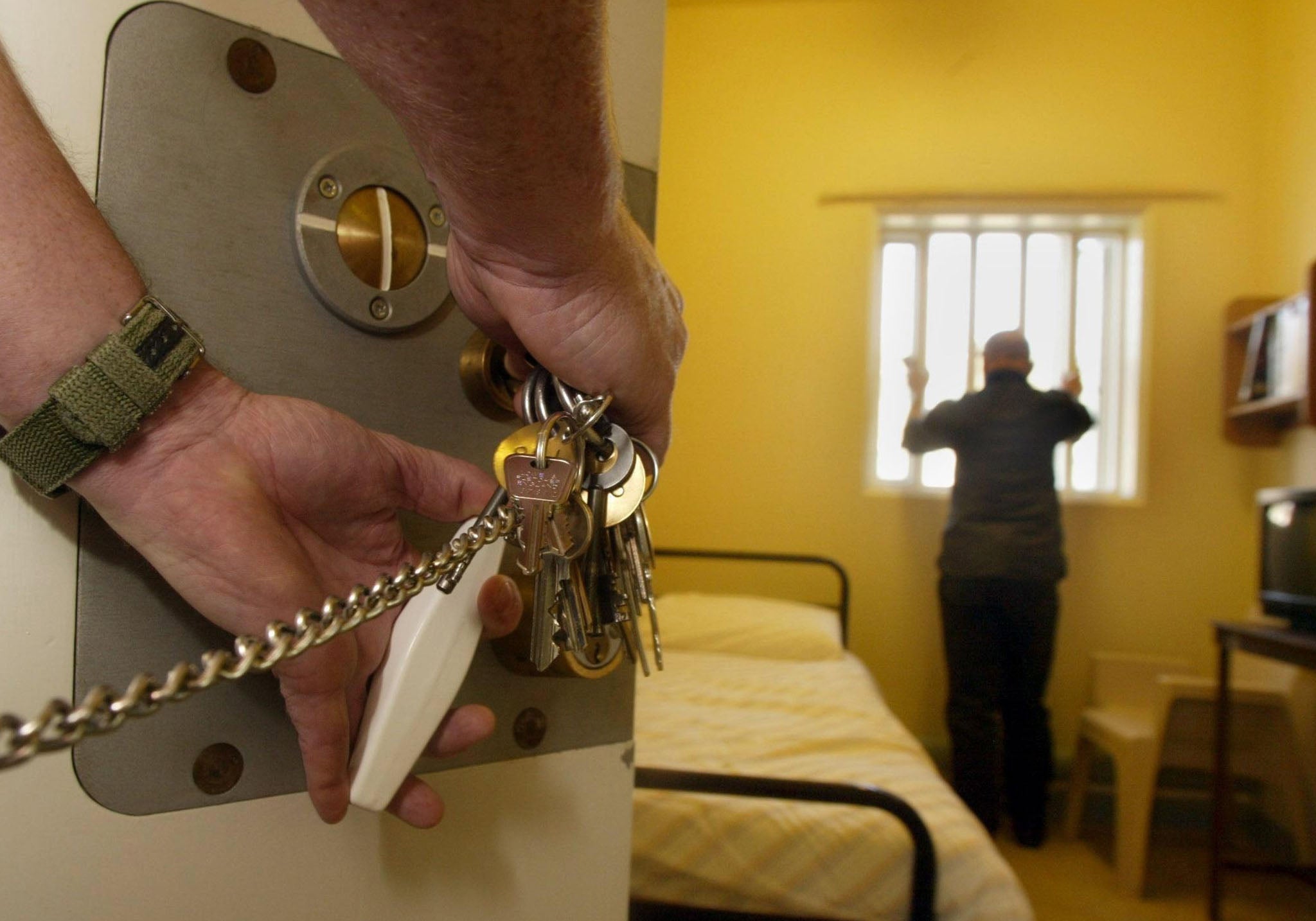Number of prisoners held without trial up by almost a third because of coronavirus court delays
Lawyers warn that innocent people may be pleading guilty to be freed earlier

The number of prisoners awaiting trial has rocketed by almost a third during the coronavirus pandemic, new figures show amid warnings innocent people may plead guilty to be freed.
Statistics released by the Ministry of Justice on Thursday showed that almost 12,300 people were being held on remand by 30 September.
The figure is 28 per cent higher than the same period in 2019, and at the highest level for six years.
The majority of people on remand are accused of violent crime, drug offences or theft.
Ministry of Justice officials said the number of sentenced prisoners had fallen by 10 per cent, because of growing court backlogs causing delays between conviction and sentencing hearings.
“This is in line with the effects of Covid-19 on the criminal justice system,” said a report.
“The effect of this on the prison population is that the normal system flow of individuals from the remand to the sentenced population has been disrupted; resulting in more people held on remand, and fewer sentenced prisoners.”
With some trials being scheduled as far away as 2022, the government has introduced a controversial law extending the time people can be held in custody before conviction.
Temporary legislation allows people to be held for 238 days - eight months - rather than the current 182, without an extension.
Lawyers and campaigners have warned that the change could see innocent people held in custody for long periods, at a time when coronavirus has caused limited time out of cells and access to education, training and family visits.
Earlier this week a retired judge told the BBC’s File on 4 programme the delays represented a “fundamental” and “existential threat to the rule of law”.
“Defendants can do the sums,” Peter Ross said. “And if a defendant thinks he will serve longer on remand than he would if convicted, then there is a strong temptation - I can see that - for defendants to plead guilty even when they genuinely are not guilty.
“It's a complete undermining of all that the rule of law stands for and the purposes of our criminal justice system, which is to conduct cases fairly to ensure through the conduct of the trial that the guilty are convicted and the not guilty acquitted.”
For many offences, inmates will be automatically freed after serving half of their sentence. Time on remand is taken into account, meaning that they will be released upon a guilty plea if they have already been held for the amount of time that their prison term would have been.
A criminal defence solicitor, Emma Lewis, said a client charged with assault recently changed his plea from not guilty to guilty.
She added: “He said ‘I want to change my plea, I want to plead guilty, I know what sentence I'm looking at and I've got too long a wait for the trial.’
“The mitigation was put forward to the court about his personal circumstances. He received the lesser sentence, which meant that he walked home and afterwards he smiled and told me ‘that he told me so.”
A prisoner, who was in jail during the toughest coronavirus restrictions in prisons told File on 4: “Once the pandemic hit, a lot of people were saying their cases aren't being heard until the middle of 2021. Some people thought if they pleaded [guilty], they'd probably go home sooner.”
The Fair Trials group called for the government to release low-risk defendants in order to stop them being tempted by similar choices, and resource the justice system to clear backlogs.
“Innocent people pleading guilty in order to get out of excessive pre-trial detention is a sign of a broken justice system,” legal and policy officer Griff Ferris told The Independent.
“We warned this would happen when the government lost control of custody time limits and case backlogs. Some trials are being set for 2022, more than two years away. If people think they’re going to be in prison waiting for a trial for longer than a potential sentence, they may well plead guilty.
“The government’s own failures to sort out the case backlog and its refusal to release people held in custody awaiting trial is risking a fundamental loss of trust in the UK’s justice system.”
By August, the crown court case backlog stood at 47,300, up from 40,000 in March, and magistrates’ at 444,200, up from 337,600 in March.
The Ministry of Justice previously said it was starting “to see positive signs” of recovery in the courts.
Measures include urgent cases being prioritised, remote hearings taking place and the addition of temporary “Nightingale courts”, as well as extra staff being recruited as part of an extra £80m of investment.



